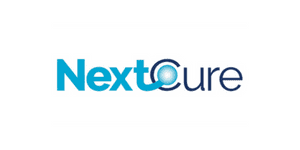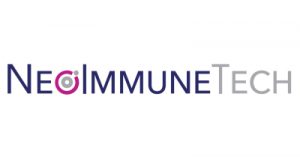
FTC Sues to Block Amgen’s Buy of Horizon Therapeutics, Claiming Acquisition Would “Stifle Competition”
By Alex Keown
May 16, 2023
Fearing the stifling of market competition, the U.S. Federal Trade Commission sued to block Amgen’s $27.8 billion acquisition of Horizon Therapeutics.
The FTC filed its lawsuit May 16. The agency said the $27.8 billion acquisition of Horizon Therapeutics plc would enable Amgen Inc. to stifle competition for thyroid eye disease and chronic refractory gout treatments.
In December 2022, California-based Amgen struck a deal for Horizon, which has a significant presence in Maryland, in order to strengthen its portfolio with Horizon’s assets for rare, autoimmune and severe inflammatory diseases that include thyroid eye disease treatment Tepezza and the gout medicine Krystexxa. Neither drug has any competition in the marketplace, the FTC said in its announcement.
Horizon Therapeutics’ presence in Maryland grew in 2021 following the acquisition of rare disease company Viela Bio, a spinout of AstraZeneca’s MedImmune, which was headquartered in Gaithersburg, Maryland. In 2022, Horizon Therapeutics, which is headquartered in Ireland, began construction on a new, state-of-the-art laboratory facility in Rockville, Maryland. Construction is expected to be complete by 2024. The new space was designed to provide Horizon Therapeutics with 192,000-square feet of space. When the new building is complete the facility is expected to house more than 200 scientists and will have more than quadrupled its footprint in Maryland.
In its lawsuit, the FTC said the deal will allow Amgen to “use rebates on its existing blockbuster drugs to pressure insurance companies and pharmacy benefit managers (PBMs) into favoring Horizon’s two monopoly products.” The lawsuit to block the merger of the companies is the FTC’s first challenge to such a deal in years.
FTC Bureau of Competition Director Holly Vedova said consolidation in the pharmaceutical industry, meaning the merger of large companies such as Amgen and Horizon, give companies “a pass to exorbitantly hike prescription drug prices, deny patients access to more affordable generics, and hamstring innovation in life-saving markets.” Vedova said the lawsuit sends a “clear message” the FTC will not hesitate to challenge mergers that create monopolies that stifle competition.
The FTC went on to argue that Amgen has strong incentives to implement additional barriers that could challenge any competition to both Tepezza and Krystexxa following the completion of the merger. With no current competition for either drug, the FTC feared Amgen would increase the list prices for each medication, which now stand at $350,000 and $650,000 per year, respectively. The FTC argues that “Amgen has a history of leveraging its broad portfolio of blockbuster drugs to gain advantages over potential rivals.” Additionally, the federal agency said Amgen engages in an activity known as cross-market bundling, which involved offering rebates in exchange for giving its drugs preferred placement on insurers’ lists of covered medications.
Amgen’s pipeline consists of several blockbuster drugs, including rheumatoid arthritis drug Enbrel, psoriasis drug Otezla and osteoporosis drug, Prolia.
Amgen called the FTC’s decision disappointing. The company said there are no overlaps of competitive concern between its existing pipeline and Horizon’s assets. The company also rejected the FTC’s accusation it engaged in bundling practices.
“The FTC’s claim that Amgen might ‘bundle’ these medicines (offer a multi-product discount) at some point in the future is entirely speculative and does not reflect the real world competitive dynamics behind providing rare-disease medicines to patients. And we committed that we would not bundle the Horizon products raised as issues; however, the Commission still decided to pursue this path. Furthermore, we are unaware of any prior acquisition that has been blocked under a bundling theory,” the company said in a brief statement.
Amgen said it will continue to push for the merger with Horizon to conclude by mid-December 2023. BioBuzz will keep you updated on the latest developments and how it might impact the Maryland life science ecosystem.





